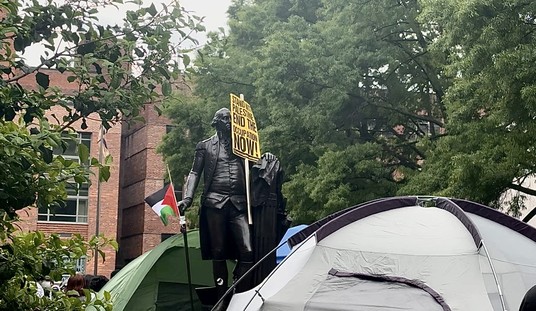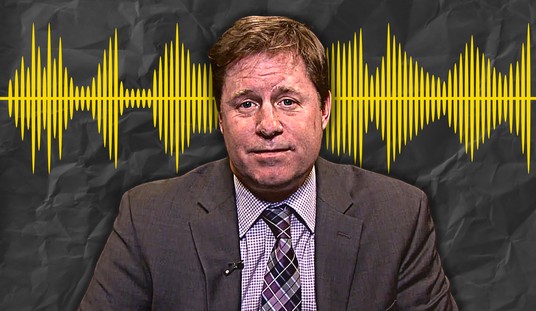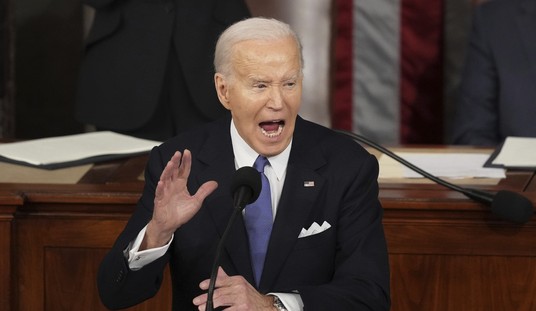We have all heard that where there is smoke, there is usually fire. Well, the smoke coming out of Ricci v. Destefano, the now-famous Sotomayor firefighter case, is enough to suffocate an entire town. Judge Sotomayor’s Second Circuit “non-opinion” has certainly ignited a firestorm, and a closer look at the facts shows us why.

The issue in the case is simple: Does Title VII of the Civil Rights Act of 1964 and the Equal Protection Clause of the Fourteenth Amendment to the United States Constitution allow the state to reject the results of a civil service, racial-neutral promotion selection process because it does not like the racial distribution of the outcome?
The facts are these: The City of New Haven issued a Request for Proposal for two examinations, one written and one oral, to determine Captain and Lieutenant promotions within the New Haven Fire Department. After close examination of several proposals, I/O Solutions, a company specializing in entry-level and promotional examinations for public safety departments, won the bid to design the racial-neutral tests. Under the collective bargaining agreement between the city and the firefighter’s union, the written exam counted for 60 percent of the final score and the oral exam for 40 percent. A total score of 70 percent was required to be eligible for promotion. Furthermore, the “Rule of Three” of the City Charter required the department to fill the positions from among the top three eligible candidates.
Forty-one firefighters took the Captain exam: 25 white, eight black, and eight Hispanic. Twenty-two passed: 16 white, three black, and three Hispanic. There were seven Captain vacancies and the top nine scores included seven whites and two Hispanics.
Recommended
Seventy-seven firefighters took the Lieutenant exam: 43 white, 19 black, and 15 Hispanics. Thirty-four passed: 25 white, six black and three Hispanics. There were eight vacancies, and the top 10 scorers were white.
As a result of the low number of African-Americans eligible for promotion, the New Haven Civil Service Board refused to certify the results of the two promotional exams. Not surprisingly, of those eligible for promotion, seventeen white candidates and one Hispanic brought this suit, arguing the department denied them promotions solely based on race, as prohibited by law.
The District Court issued a summary judgment ruling against the firefighters, buying the argument that the fact that the department was trying to comply with the letter and spirit of Title VII somehow made the practice non-discriminatory.
In a simple exchange at the Supreme Court oral argument, we can clearly see the enormous error of this view. The attorney for the city said:
If strict scrutiny applies, then the question is: Is there a compelling interest? And complying — complying with a Federal statute needs to be a compelling interest under the Equal Protection Clause…
Chief Justice Roberts dismantled this argument with a simple observation: “I guess it would go to how you construe the statute. It seems to me an odd argument to say that you can violate the Constitution because you have to comply with the statute” (emphasis mine).
Odd indeed.
However, what is perhaps most troubling about this case is that in affirming the decision, Sotomayor, sitting at the United States Court of Appeals for the Second Circuit, did not even think the case worthy of a published opinion. The District Court itself pointed out repeatedly that this was a very unusual case, saying things like “this case presents the opposite scenario of the usual challenge to an employment or promotional examination.” But Judge Sotomayor and two of her colleagues entered an order affirming the decision in a “because-we-say-so” manner, giving virtually no explanation whatsoever.
Judge José Cabranes of the Second Circuit picked up on this incredible incongruity, wondering why this “path-breaking opinion” would be unpublished, and, as a result, the panel withdrew its summary order and published a per curiam opinion that contained virtually the same language as the summary order. In his dissent from the court’s 7-6 denial to rehear the case, Judge Cabranes wrote:
This per curiam opinion adopted in toto the reasoning of the District Court, without further elaboration or substantive comment, and thereby converted a lengthy, unpublished district court opinion, grappling with significant constitutional and statutory claims of first impression, into the law of this Circuit. It did so, moreover, in an opinion that lacks a clear statement of either the claims raised by the plaintiffs or the issues on appeal.
The decision not to publish an opinion looks even worse when you consider the Supreme Court thought it significant enough to choose it among the small number of cases the Court wanted to hear. The Court hears approximately eighty out of eight thousand cases submitted each term.
In light of Judge Sotomayor’s handling of the Ricci case and her well-documented statements on the role of a judge, it seems entirely reasonable for Senators and the public-at-large to question whether something other than law might be behind Judge Sotomayor’s judicial decisions. She has said that the “court of appeals is where policy is made” and that ethnicity and gender “may and will make a difference” in her judging. She also says that she “would hope that a wise Latina woman with the richness of her experiences would more often than not reach a better conclusion than a white male who hasn't lived that life.” The inference is not difficult to make.
Senators therefore, have a duty to question Sotomayor extensively in this area. They should not be intimidated because she is a minority herself. Racial preferences and discrimination are unacceptable no matter what group they come from, and a judge willing to circumvent the law and the Constitution in order to “help” even the most deserving of parties puts in danger the very foundations of our democracy.
The Supreme Court is expected to hand down its decision on the Ricci case tomorrow or next Monday, and whichever way it goes, it presents one more opportunity for Senators to examine Judge Sotomayor’s views on the role of a judge. Hopefully we will start to see the great debate we have been waiting for on the proper role of a judge and Judge Sotomayor’s record in particular. There is just too much smoke for them to ignore.

























Join the conversation as a VIP Member